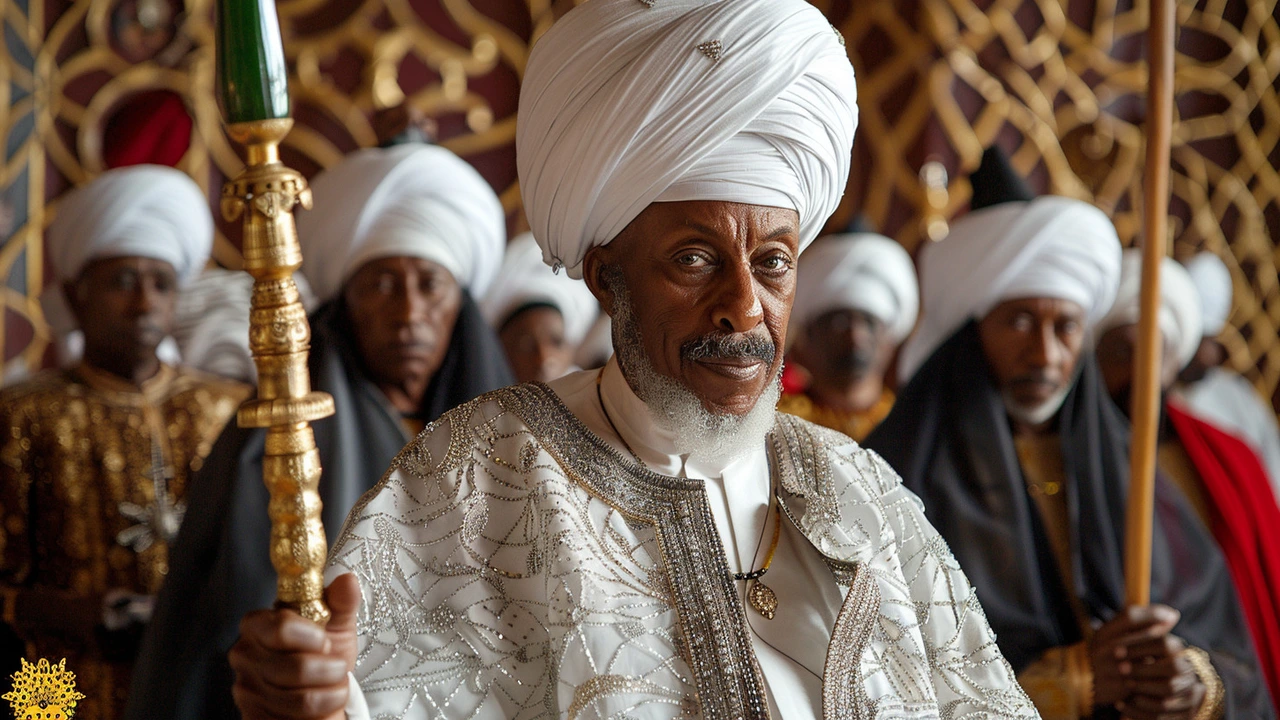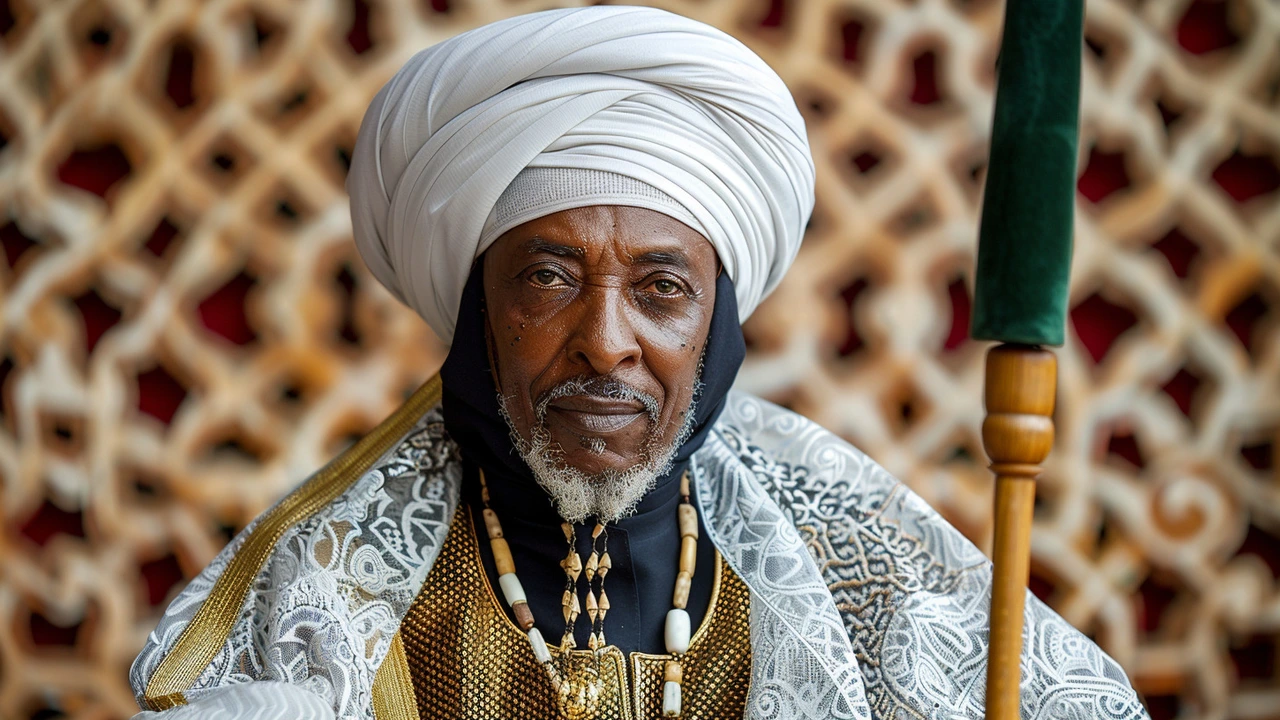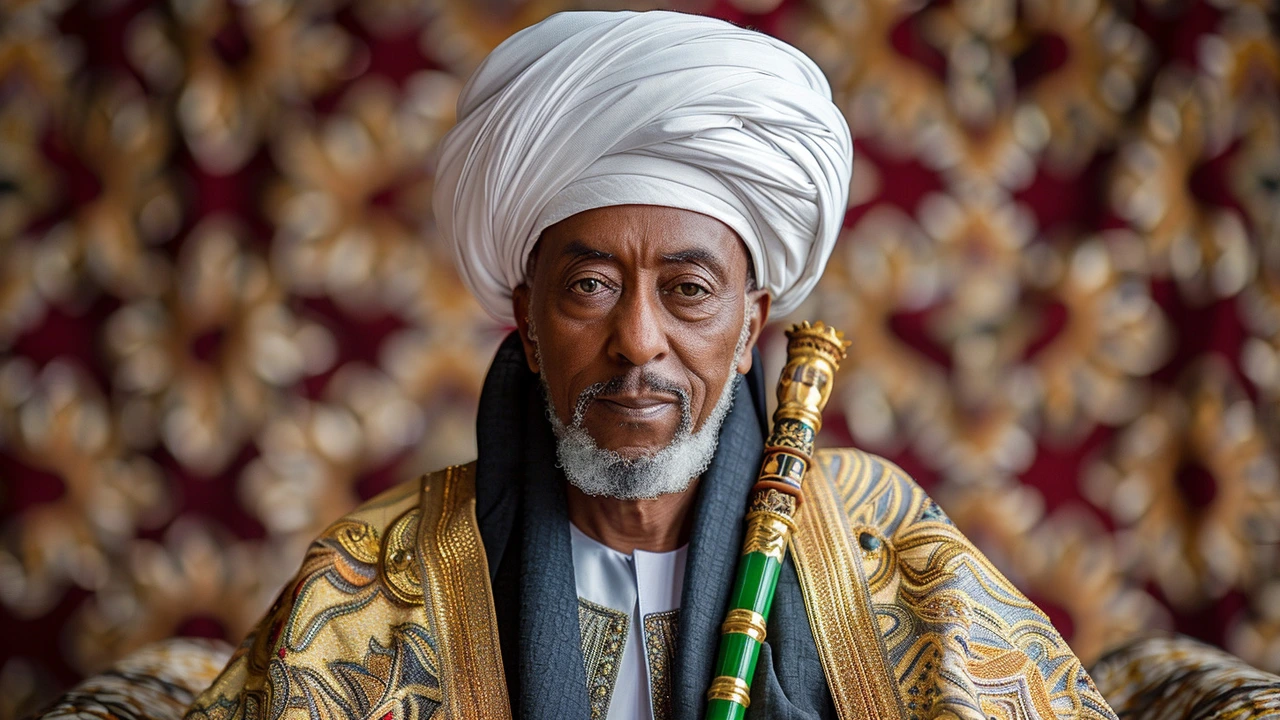Emir Sanusi II Reinstated: Kano State Repeals 2019 Law Dissolving Ancient Emirate

Historic Resolution Reinstates Emir Sanusi II
The Kano State House of Assembly has made a groundbreaking decision to reinstate the former Emir of Kano, Sanusi Lamido Sanusi II. This monumental decision arrives following the passage of the Amendment Bill, effectively nullifying the controversial 2019 law that initially contributed to his dethronement. The contentious 2019 legislation had restructured the traditional Kano Emirate into five smaller entities, a move widely perceived as politically motivated to diminish Sanusi's influence and authority.

A Tumultuous History
Sanusi Lamido Sanusi II, a distinguished banker and intellectual, was appointed as the Emir of Kano in June 2014. Known for his outspoken nature, Sanusi didn’t shy away from critiquing government policies, both at the state and national levels. His candid remarks often placed him at odds with the then Governor Abdullahi Ganduje, culminating in the passage of the 2019 law that aimed to dissect the power of the ancient Kano Emirate. Breaking the Emirate into five smaller entities—Kano, Bichi, Gaya, Rano, and Karaye—diluted the influence Sanusi wielded, scattering the authority traditionally held by the single emirate.
A Political Maneuver Reversed
The 2019 restructuring was seen by many as a strategic move to undermine Sanusi's authority due to his vocal criticisms of the Ganduje administration. The law significantly altered the traditional power dynamics, leading to Sanusi's eventual removal from office. However, with the recent Amendment Bill passed by the Kano State House of Assembly, the law has been repealed, paving the way for Sanusi's reinstatement. According to Lawan Hussaini Chediyar Yan Gurasa, the Majority Leader of the Kano State House of Assembly, the bill has already been sent to the governor for his signature. This legislative move has effectively dissolved the smaller emirates and reinstated the old structure of the Kano Emirate.

Implications and Reactions
The return of Sanusi II as the Emir of Kano has generated significant reactions across the state and the country. Supporters of Sanusi view this as a victory for traditional authority and a vindication of his outspoken stance on issues affecting Kano and Nigeria at large. Conversely, some critics argue that the constant reshuffling of leadership and the emirate structure could lead to instability and confusion among the populace.
For the district heads elevated or appointed under the 2019 law, the repeal means a return to their previous positions, reinstating the traditional hierarchies and roles that had been disrupted by the law. The provision for the governor to call on traditional kingmakers to choose a new king adds another layer of significance to the political landscape and its traditional foundations.
Looking Ahead
Sanusi II's expected return this Friday marks an important chapter in the history of Kano State. His reinstatement signifies more than just a reversal of a controversial law; it reflects the enduring strength of traditional institutions and the intricate balance of political power in Nigeria. The development reaffirms the importance of traditional leadership in contemporary governance, highlighting how political strategies intertwine with cultural and historical contexts.
As Sanusi prepares to resume his role, the Kano Emirate faces the task of navigating the complexities of modern society while honoring its traditional roots. The process of rebuilding and strengthening the emirate's influence will undoubtedly require careful negotiation and diplomacy, particularly in a state that has experienced such dynamic political changes in recent years.
The people of Kano, alongside observers from across the nation, will be watching closely as Sanusi II steps back into his role. The journey ahead will be closely monitored, with many hoping that his leadership will pave the way for a more stable and prosperous future for the Kano Emirate and its people.
This historic turn of events serves as a poignant reminder of the delicate interplay between tradition and modernity in Nigeria's socio-political landscape, and how quickly fortunes can change in the realm of public and political opinion.